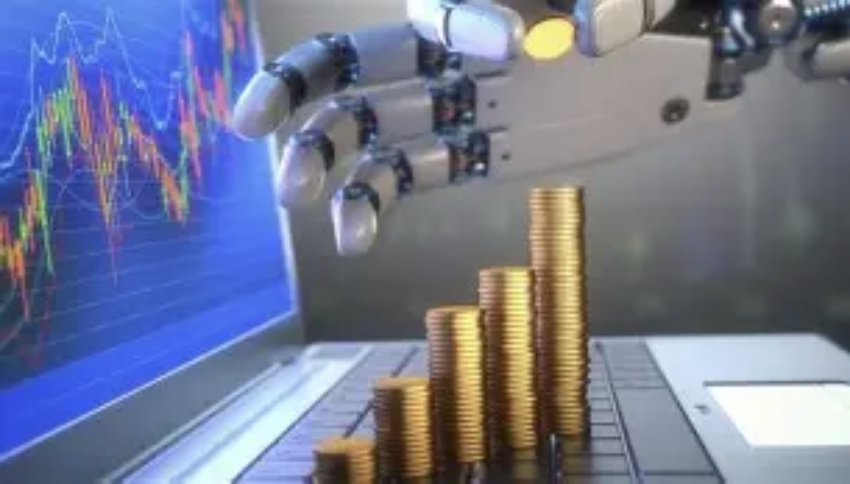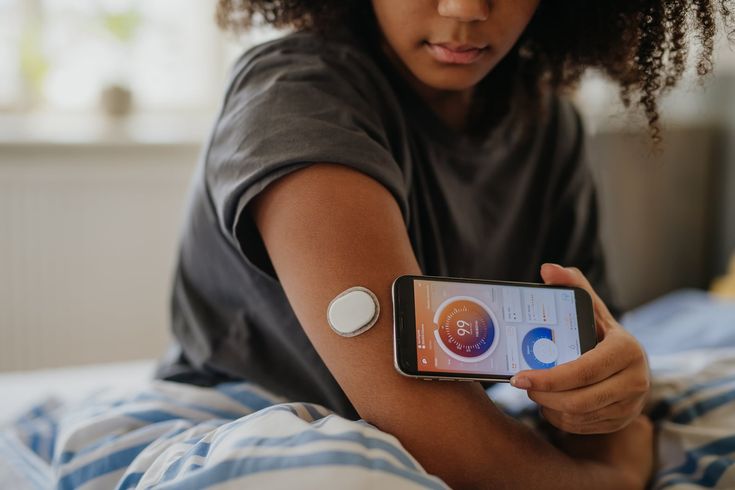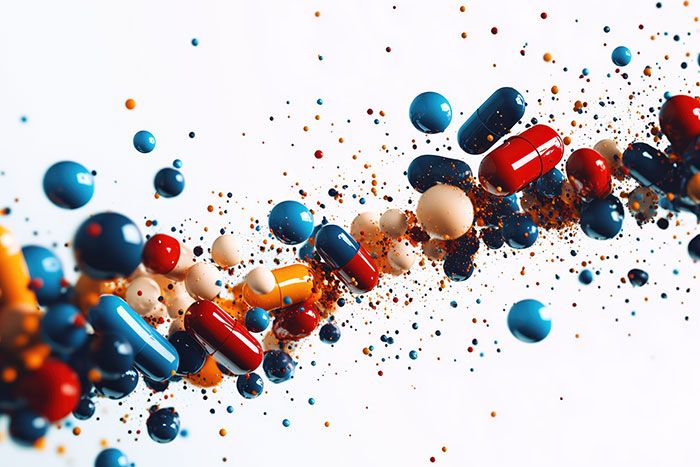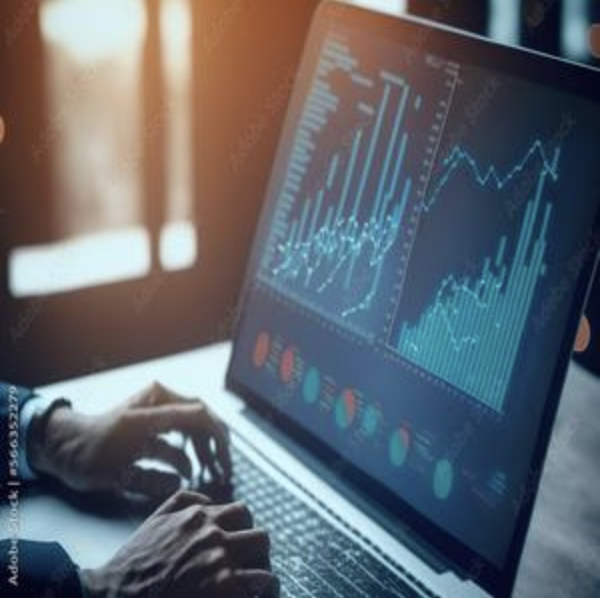How to turn bacteria into "biological factories" to eat plastic waste?
When we walk on the beach, the beach under our feet may be mixed with countless tiny plastic particles, which come from bottles, packaging bags and even invisible microfibers floating on the sea. These plastics will not disappear, but will only break into smaller pieces and enter our food chain, becoming a global problem. But what if I told you that the answer to this problem might be hidden in the microscopic world that we can't see with our naked eyes?
Imagine a group of "superhero" bacteria. Instead of waving cloaks, they have the super ability to eat plastic. It sounds like the plot of science fiction, but in the world of biotechnology, it is no longer a fantasy. Scientists are studying how to turn these humble bacteria into our "biological factories" to fight against plastic pollution.
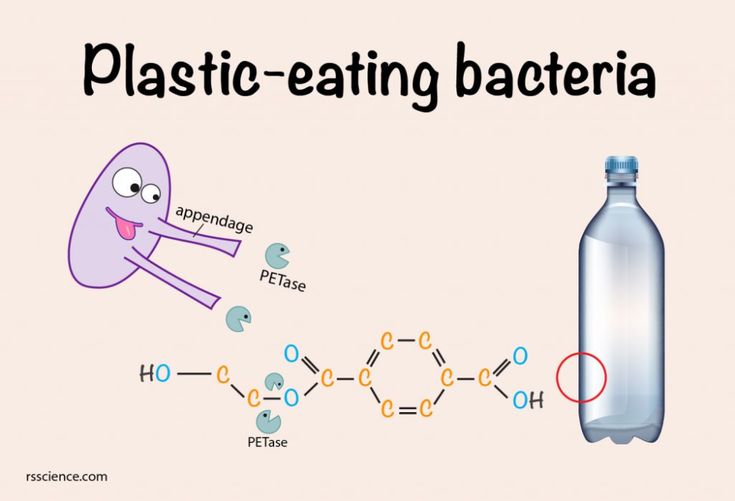
Let's meet these heroes first. In nature, some bacteria have evolved the ability to degrade certain plastic molecules. For example, there is a kind of bacteria called Ideonella sakaiensis, which can secrete a special enzyme to break down PET (polyethylene terephthalate) plastic into smaller molecules and finally use it as its own food. It's like putting a "digestive system" on plastic waste. But the problem is that these bacteria decompose too slowly, far behind the speed at which humans make plastics.
This is where scientists show their talents. They are no longer satisfied with "watching", but take the initiative to intervene and use genetic engineering technology to transform these bacteria. By accurately editing the DNA of bacteria, we can make them more "efficient". This is like equipping a mediocre worker with the most advanced tools, which makes his work efficiency increase geometrically. Researchers can optimize the genes that secrete enzymes in bacteria, and even splice excellent genes from different species together to create a brand-new and more powerful "superbacteria".
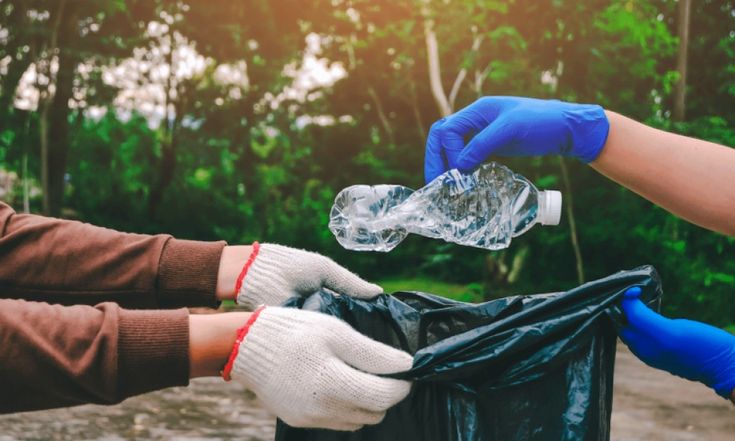
These modified bacteria have become our ideal "biological factory". They can be cultivated on a large scale and then put into specific environments, such as plastic recycling stations, landfills, and even polluted areas in the ocean. Like a well-trained army, they can quickly decompose plastics and turn them into harmless substances, even valuable chemicals. For example, some studies are exploring how bacteria can decompose plastics and produce monomers that can be used to make new plastics or produce biofuels. This not only solves the pollution problem, but also realizes the dream of circular economy-turning garbage into resources again.
This process sounds perfect, but we still need to face some challenges. How to ensure that these modified bacteria will not have a negative impact on the ecosystem after completing the task? How to realize large-scale and low-cost production and delivery? These are all difficult problems that scientists are trying to overcome. But what is certain is that, compared with those physical or chemical treatment methods that consume a lot of energy and produce secondary pollution, it is undoubtedly a greener and more sustainable future direction to degrade plastics by microorganisms.
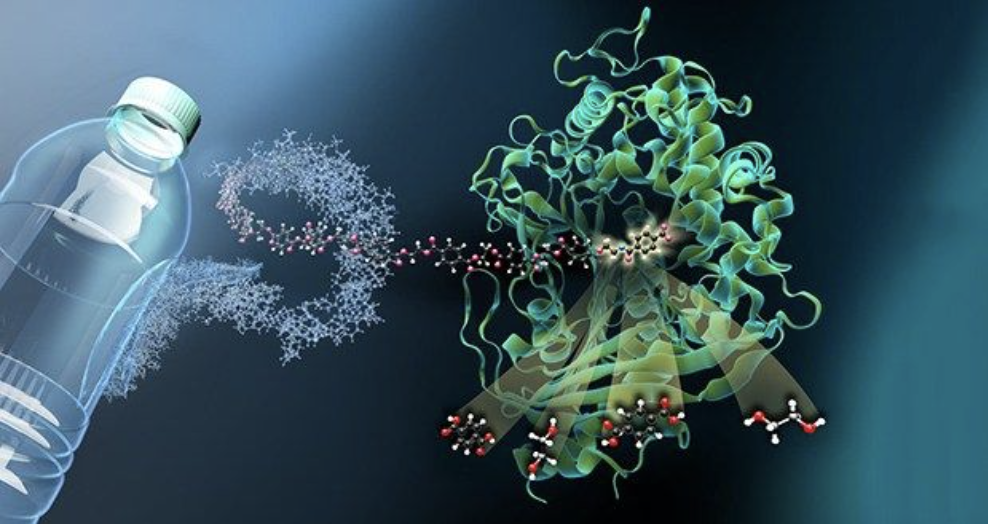
The next time you see a discarded plastic bottle, you may imagine that in the near future, it will no longer be a burden on the environment, but a delicious meal for microorganisms. These invisible "biological factories" are quietly changing the way we coexist with the earth. They remind us that to solve those seemingly unsolvable huge problems, sometimes all we need is a brand-new perspective, even from the micro-world.
(Writer:Ciki)
